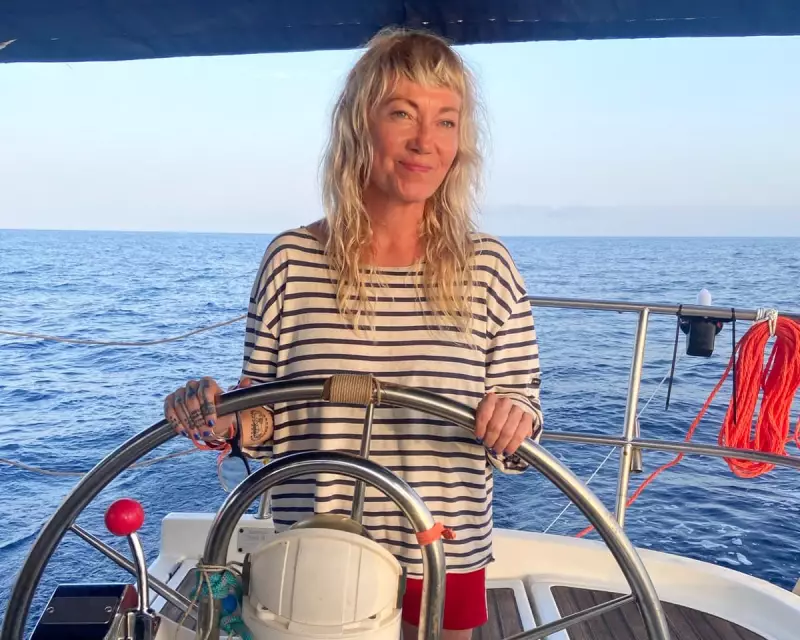
Australian citizens participating in an international flotilla attempting to break the Gaza blockade have come forward with disturbing accounts of their detention by Israeli forces, describing treatment they characterise as deliberately degrading and humiliating.
'We Were Treated Like Animals' - First-Hand Accounts
In exclusive interviews conducted following their release, multiple activists from the Australian contingent detailed a systematic pattern of psychological pressure and physical discomfort during their detention. The activists, who were part of a coalition of international vessels attempting to deliver humanitarian aid to the besieged Palestinian territory, were intercepted by the Israeli navy in international waters.
One Melbourne-based participant, who requested anonymity due to ongoing legal proceedings, described being forced to remain in stress positions for extended periods while blindfolded. "The intention was clearly to break our spirit," they stated. "We were subjected to constant verbal abuse and threats, with guards deliberately creating an atmosphere of fear and uncertainty."
Systematic Humiliation Alleged
The accounts reveal several consistent themes of alleged mistreatment:
- Prolonged periods of sensory deprivation through hooding and blindfolding
- Denial of access to legal representation for the first 48 hours of detention
- Confiscation of personal communication devices and recording equipment
- Inadequate medical attention for those with pre-existing conditions
- Deliberate separation of activists to prevent mutual support
International Law Questions Raised
Legal experts following the case have raised serious questions about Israel's actions under international maritime law. The interception occurred outside Israeli territorial waters, potentially violating the principle of freedom of navigation. Furthermore, the treatment described by detainees may contravene international standards for prisoner treatment, even during security-related detentions.
"When you have multiple independent accounts describing similar patterns of psychological pressure, it suggests a systematic approach rather than isolated incidents," noted Dr. Sarah Chen, an international law scholar at Oxford University.
Australian Government Response
The Australian Department of Foreign Affairs has confirmed providing consular assistance to several citizens involved in the incident. However, activists have expressed frustration with what they describe as a muted official response to their allegations of mistreatment.
"We expected our government to demand answers and accountability," said one Sydney-based activist. "Instead, we've received standard consular support while the fundamental issues of our illegal detention and treatment remain unaddressed."
Broader Implications for Activism
This incident represents the latest confrontation in a long history of attempts to break the Gaza blockade by sea. Previous flotillas have resulted in fatal encounters, most notably the 2010 Mavi Marmara incident where Israeli commandos killed nine activists.
The treatment described by the Australian participants raises concerns about the risks facing international activists attempting to challenge Israeli security policies. Humanitarian organisations warn that such incidents may have a chilling effect on peaceful protest and international solidarity efforts.
As the activists return home and debrief with their organisations, the international community watches closely to see how their allegations will be addressed by both Israeli and Australian authorities. The incident has already sparked renewed debate about the legality and morality of the ongoing Gaza blockade and the methods used to enforce it.





